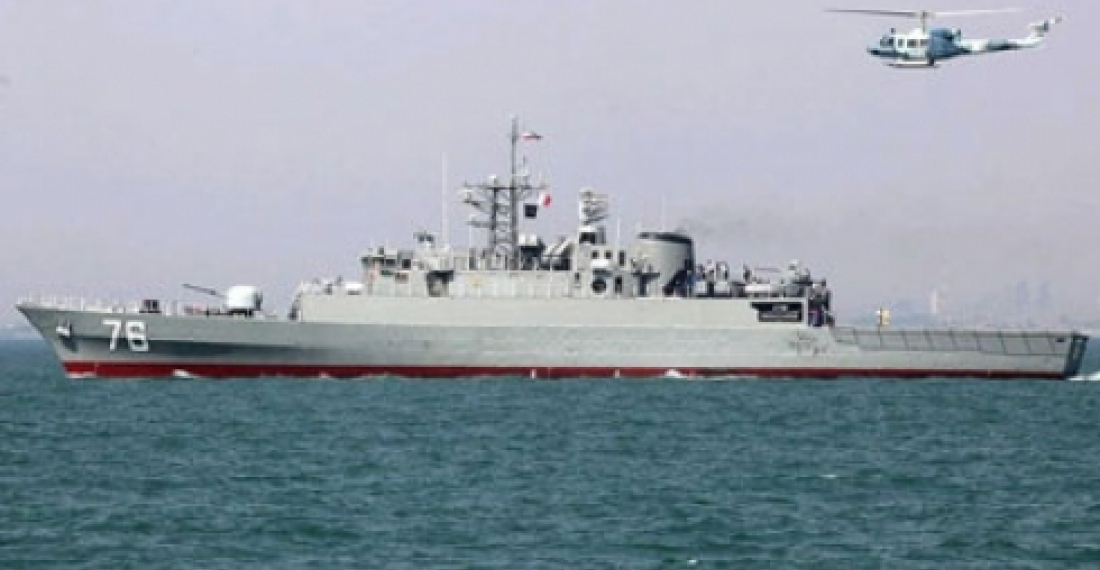Iran has launched a domestically produced destroyer in the Caspian Sea.
Speaking at a special ceremony in the port of Bandar Anzali President Mahmoud Ahmadinejad that Iranˈs development and progress serves the security of the Caspian Sea region, according to the Iranian News Agency IRNA. "I am quite confident that Caspian Sea littoral states are happy with Iranˈs development and regard it in line with their own security," he said.
The Iranian President said that the Caspian Sea is the sea of brotherhood, durable security and of the struggle against extremism and those endangering the security of regional nations, adding that Iranˈs policy is based on promoting solidarity, friendship and convergence among nations.
The Jamaran Class destroyer is capable of carrying surface to surface and surface to air missiles and also has a helicopter pad and advanced radar facilities according to IRNA. The destroyer will undergo a number of further tests before it becomes operational.
source: commonspace.eu with agencies
photo: The Jamaran Class destroyer launched in the Caspian Sea on Sunday.







